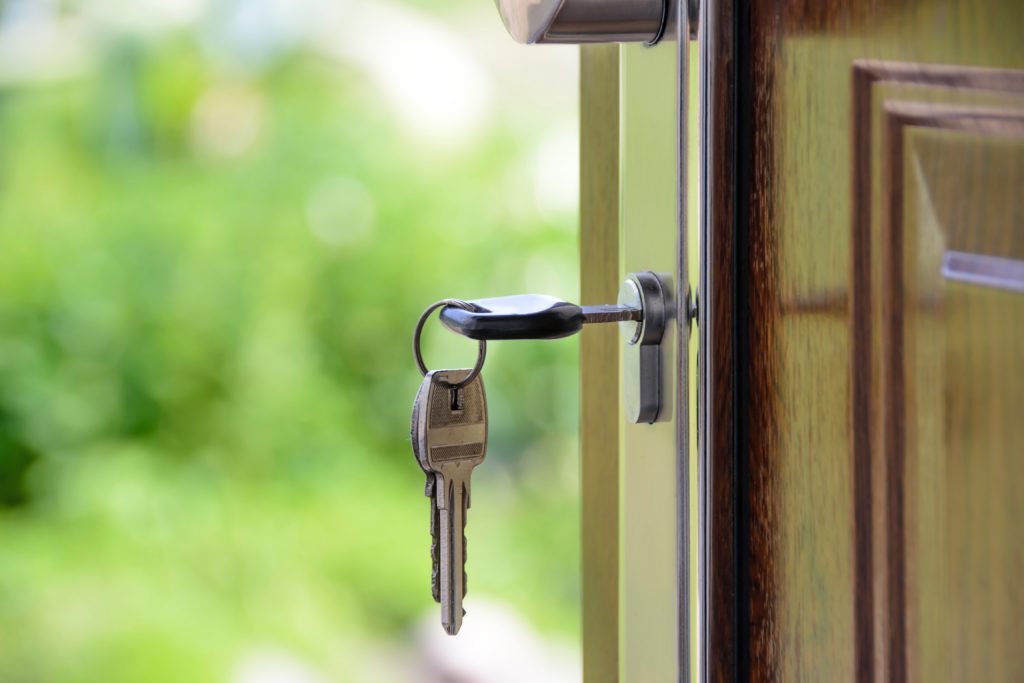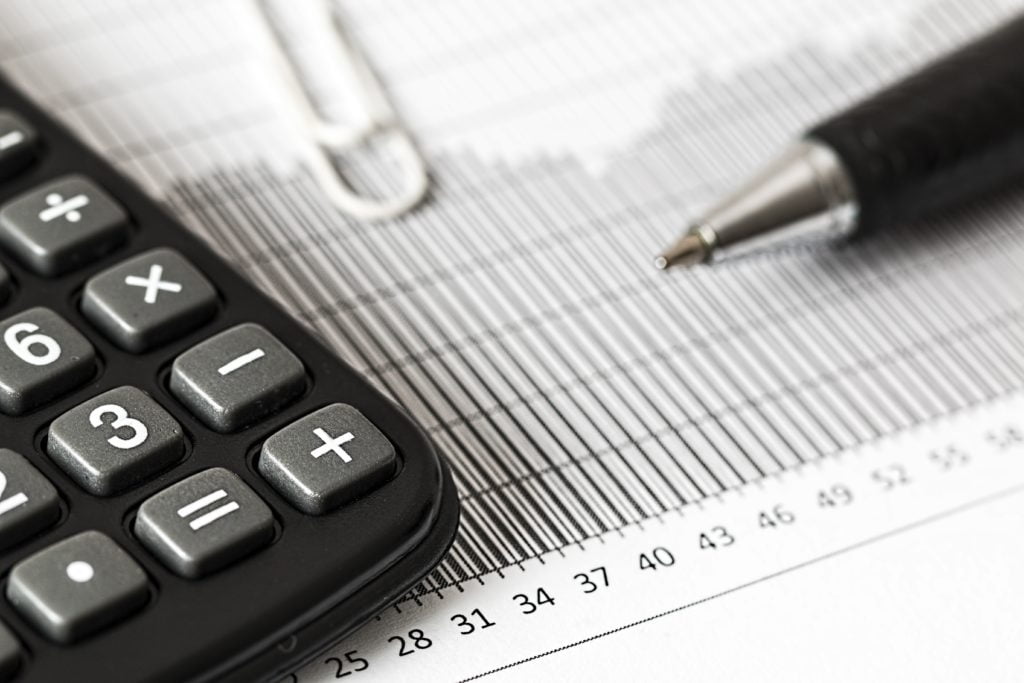If you are a council house tenant in England, you may be able to buy the property following particular eligibility criteria. You are particularly eligible to purchase your council property if you have been a tenant for over three consecutive years. You must also have a secure payment status for your application to be convincing to your landlord. These criteria may, however, differ for Northern Ireland, Wales, and Scotland. If you are interested in buying your council home, here is a guide on what you need to know.

Council house valuation
The process starts when you put your intentions to buy the council house in an application. Once you have made an application to your landlord (local council), an offer is processed by the council. This offer features the valuation of the house. If you are objected to this offer, you can petition for another valuation via the Land and Property Services. As far as council house valuation is concerned, the government hires someone to carry out an independent valuation so they can ensure that tenants receive an objective valuation for their council homes.
Sales rights

For a case where a landlord bought your house from the local council, it is possible to fall under exploitation, especially when the property is being flipped. The Right to Buy protects tenants from such exploitation. Council houses owned by private landlords can only be sold after five years from the time of purchase to get the full discount.
Ex-council houses
If the transfer of ownership of a council house from the local council to an individual landlord takes place while still occupying the house, your Right to Buy still holds. While the purchase procedure remains as the traditional Right to Buy, you might have to adhere to new procedures for the acquisition of the house. This may, however, be cheaper and better than you know. The government has also rolled out a pilot program where housing association tenants purchase their houses by ballot in East and West Midlands.
Purchase application

An application to purchase a council house is simple as stipulated under the Right to Buy procedures. Your eligibility to Right to Buy will first be established via an online system. You will then be required to fill out an RBT1 form that captures your identity details and property information. You will also be required to state your past creditors and bankruptcies. You should, therefore, be cautious as you proceed with the purchase application as all the previous tenancies are captured in this application.
Make a sound investment
Purchasing a council house is equivalent to investing in any other property. This means that due diligence must be followed in the application process. This includes hiring a specialist who will assist you in the financial and legal matters around the purchase of the property. Investing in a house survey would also be an ideal step to take. This survey helps in establishing the value of properties around your area as well as projecting the dynamics of the housing market. Surveys also assist in establishing whether your dream property would need some adjustments and repairs.
Unforeseen costs

Although purchasing a council house comes with a discount off its market value, tenants should watch out for unexpected costs. Such costs include building insurance, interest on mortgage repayment, and leaseholder charges. You may also be required to pay service fees for valuers and solicitors involved in the purchase process. Getting to know the value of properties around your area might be an added advantage for you. This is because council homes do not always come with suitable terms of purchase. Therefore, be ready to handle all the charges that come with buying a council home, including all the transaction fees involved in transferring ownership to you.
House discounts
Discounts offered on council properties vary with such factors as your tenancy duration and the value of a property. For example, tenants receive between 35% and 70% discount in purchasing a house that they have lived for over three years. This discount rate, however, changes to between 50% and 70% when a council flat is involved.

